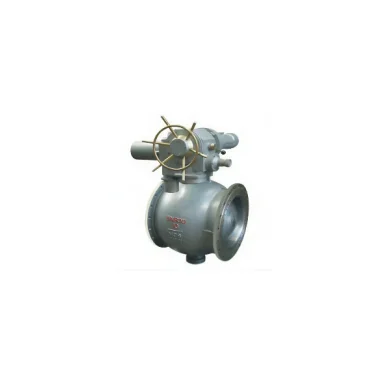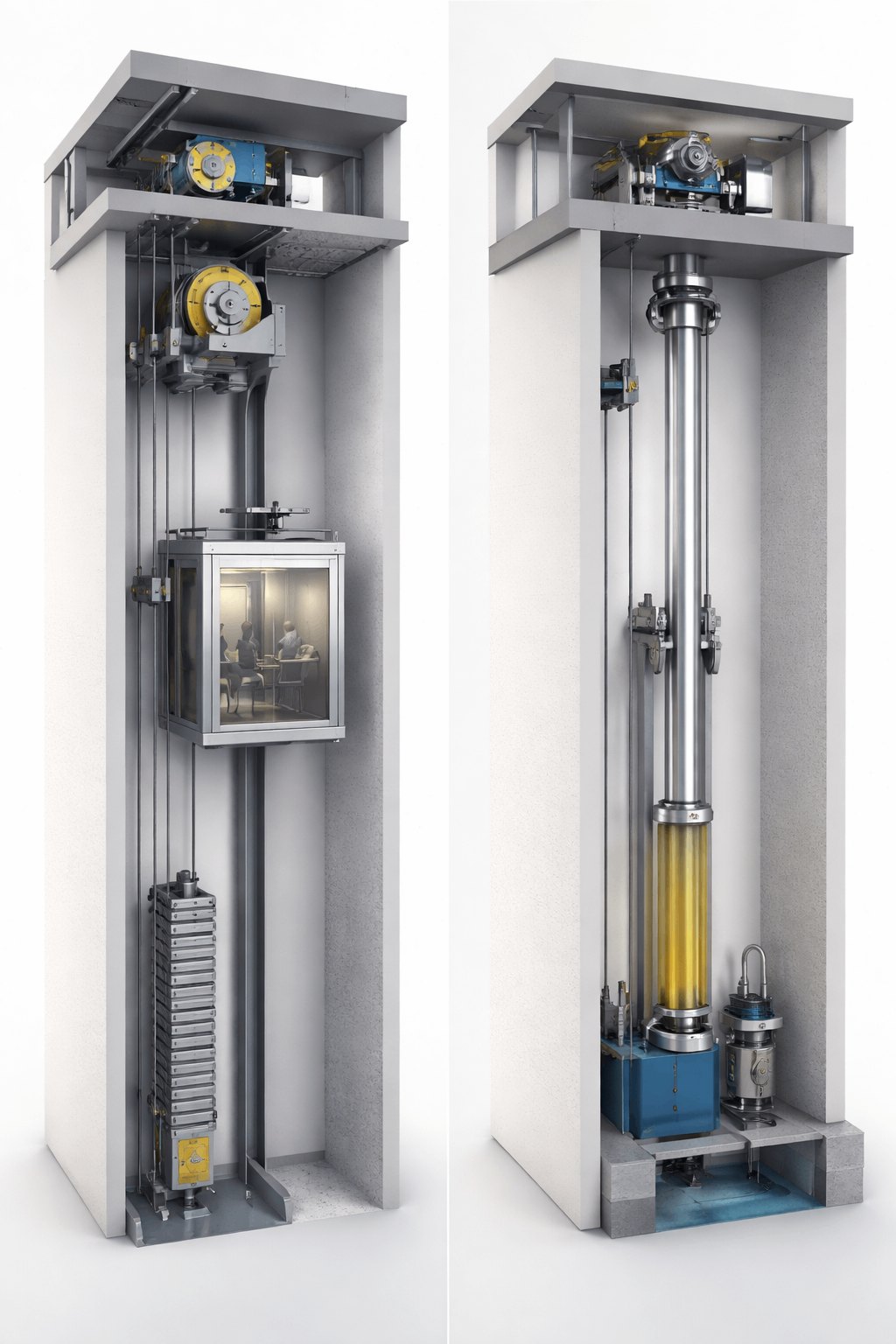Decoding Precision: The Accuracy of Mechanical Oil Pressure Gauges in Automotive Applications
When it comes to maintaining the health of an engine, monitoring oil pressure is paramount. Among the various tools available for this purpose, mechanical oil pressure gauges stand out for their simplicity and reliability. However, a common question arises: How accurate are mechanical oil pressure gauges? This article delves into the intricacies of mechanical oil pressure gauges, exploring their accuracy, factors affecting performance, and best practices for ensuring reliable readings.
Understanding Mechanical Oil Pressure Gauges
Mechanical oil pressure gauges operate based on a straightforward principle: they utilize a Bourdon tube, a coiled metal tube that expands when pressurized. This expansion translates into a needle movement on a dial, providing a visual representation of the oil pressure within the engine. Unlike electronic gauges, mechanical gauges do not rely on electrical components, which can be prone to failure, making them a popular choice among automotive enthusiasts and professionals alike.
Accuracy of Mechanical Oil Pressure Gauges
The accuracy of mechanical oil pressure gauges can vary significantly based on several factors:
- Calibration: Like any measuring instrument, mechanical gauges require proper calibration to ensure accurate readings. A gauge that has not been calibrated correctly may provide misleading information, leading to potential engine damage. Regular calibration checks are essential, especially in high-performance applications.
- Quality of Construction: The materials and craftsmanship involved in the manufacturing of the gauge play a crucial role in its accuracy. High-quality gauges made from durable materials tend to provide more reliable readings. Conversely, cheaper, poorly constructed gauges may suffer from inaccuracies due to wear and tear or manufacturing defects.
- Installation: Proper installation is critical for accurate readings. If the gauge is not installed correctly, it may not reflect the true oil pressure. For instance, using incorrect fittings or placing the gauge in a location that is not representative of the oil pressure can lead to erroneous readings.
- Environmental Factors: Temperature fluctuations can affect the viscosity of the oil, which in turn influences pressure readings. Mechanical gauges can be affected by extreme temperatures, leading to potential inaccuracies. It is essential to consider the operating environment when evaluating gauge performance.
- Age and Wear: Over time, mechanical components can wear out, leading to inaccuracies. Regular maintenance and replacement of aging gauges are necessary to ensure continued accuracy.
Comparing Mechanical and Electronic Gauges
While mechanical oil pressure gauges are known for their reliability, electronic gauges offer their own set of advantages, including greater precision and the ability to provide digital readouts. However, they are susceptible to electrical failures and can be more complex to install. For many automotive applications, the choice between mechanical and electronic gauges often comes down to personal preference and specific use cases.
Best Practices for Ensuring Accurate Readings
To maximize the accuracy of mechanical oil pressure gauges, consider the following best practices:
- Regular Calibration: Schedule routine calibration checks to ensure the gauge is providing accurate readings. This is particularly important for performance vehicles or engines operating under extreme conditions.
- Quality Selection: Invest in high-quality gauges from reputable manufacturers. Look for gauges that meet industry standards and have positive reviews from users.
- Proper Installation: Follow the manufacturer’s guidelines for installation. Ensure that all fittings are secure and that the gauge is placed in a location that accurately reflects the oil pressure.
- Routine Maintenance: Regularly inspect the gauge for signs of wear or damage. Replace any components that show signs of deterioration to maintain accuracy.
- Monitor Environmental Conditions: Be aware of how temperature and other environmental factors may affect oil viscosity and, consequently, pressure readings.
Conclusion
Mechanical oil pressure gauges are a reliable tool for monitoring engine health, but their accuracy is influenced by various factors, including calibration, construction quality, installation, environmental conditions, and age. By understanding these factors and implementing best practices, automotive professionals and enthusiasts can ensure that their mechanical gauges provide accurate and reliable readings. Ultimately, maintaining accurate oil pressure is crucial for engine longevity and performance, making the choice of gauge and its upkeep a vital consideration in automotive care.


